Are you considering learning a new language? If you are, it could skyrocket your future career and this article takes a closer look at that aspect of language learning.
According to recent statistics, around 40% of the world speak one language, 43% are bilingual and everybody else can speak more than two languages well.
If you’re trying to become one of the 50%-60% of people in the world who can speak more than one language, you might be interested to know that it adds some huge benefits to your career prospects. Here’s how:
Career Opportunities
Learning a new language will naturally boost the different career opportunities available to you. Here are just some of the different careers multilingual or bilingual speakers can consider:
Technology
All kinds of jobs in technology demand multilingual speakers because those at the top of the industry need to be able to communicate with people across the globe either in their organization or in other businesses. There’s also a need to be able to absorb the information within the job and that information may come from multiple sources worldwide, in multiple languages.
Marketing
As businesses expand across the world or at least base their business online, marketing employees are increasingly in need of language skills. This is especially true with branding and sales.
Social Work
As the country becomes more diverse, social workers need to be able to communicate in native languages to do the best possible job. It’s a way to cross the bridge of language and enable a person to express themselves and their needs with dignity and the complexity their situation might involve.
Healthcare
As with social work, as the country becomes more diverse it becomes more useful to have bilingual or multilingual doctors, nurses, paramedics and other health professionals. This is particularly true in emergency care where communication is so vital and fast-paced.
Translation
Translation work can involve both translating written text, such as books and articles, as well as other forms of media, such as in films or television, carrying out French or Italian voice-over acting jobs. You can also interpret for people across the world. You can be a voice-over actor for dubbing on huge Hollywood movies. You can even help giant brands translate their campaigns effectively. The possibilities really are endless.
Hospitality
Hospitality, especially high-end jobs, means working with people from all over the world – clients, customers, guests and management. Having an additional language can get you into the highest-paying jobs in this industry.
These are just some examples of the kinds of careers that open up for you when you speak additional languages. If there’s a specific career that interests you, it’s important to look up the most sought-after languages within that industry so that you have the best possible chance of gaining employment with your new skill.
Additional skills
Learning a new language is so much more than the end result of being able to speak another language fluently. It actually adds so much more to your skillset that will impress employers, including:
- Being more confident because you’ve worked hard to gain this new skill
- Exploring job prospects in other countries, and online
- You may get headhunted by companies looking for people with your language skills
- Your native language will improve because you will be learning about new language structures, therefore becoming more aware of how your native language works
- Being better at multitasking overall, as scientific studies tell us that the parts of the brain that help us become bilingual or multilingual relate to multitasking and by learning those languages, we strengthen that part of our cognition
- Employers will see that you have taken the time and energy to learn this new skill yourself, proving your ability and willingness to learn new things
Which language will you learn?
Choosing the right language to learn will help you target very specific careers, but the fact is that any ability to speak more than one language is a bonus across the jobs market. The mere act of learning a new language is a plus for your brain health and it will look great on your CV.
The question is, which language will you choose to learn? They say that a third or fourth language is even easier after you have mastered two, so who knows, perhaps this new learning venture is only the very beginning of you achieving full polyglot status!
Don’t forget to check our post about how to learn more effectively and get ready to learn a new language!
Guest Author: Lawrence Blackwell
Larry has had a varied career in PR and Marketing with responsibility for the marketing department of several SMEs and experience in international organizations. He has developed new marketing strategies with a particular focus on understanding and exploiting multi-lingual campaigns. He speaks French, Spanish and his native English and is a regular contributor to the Matinée Multilingual Blog.







